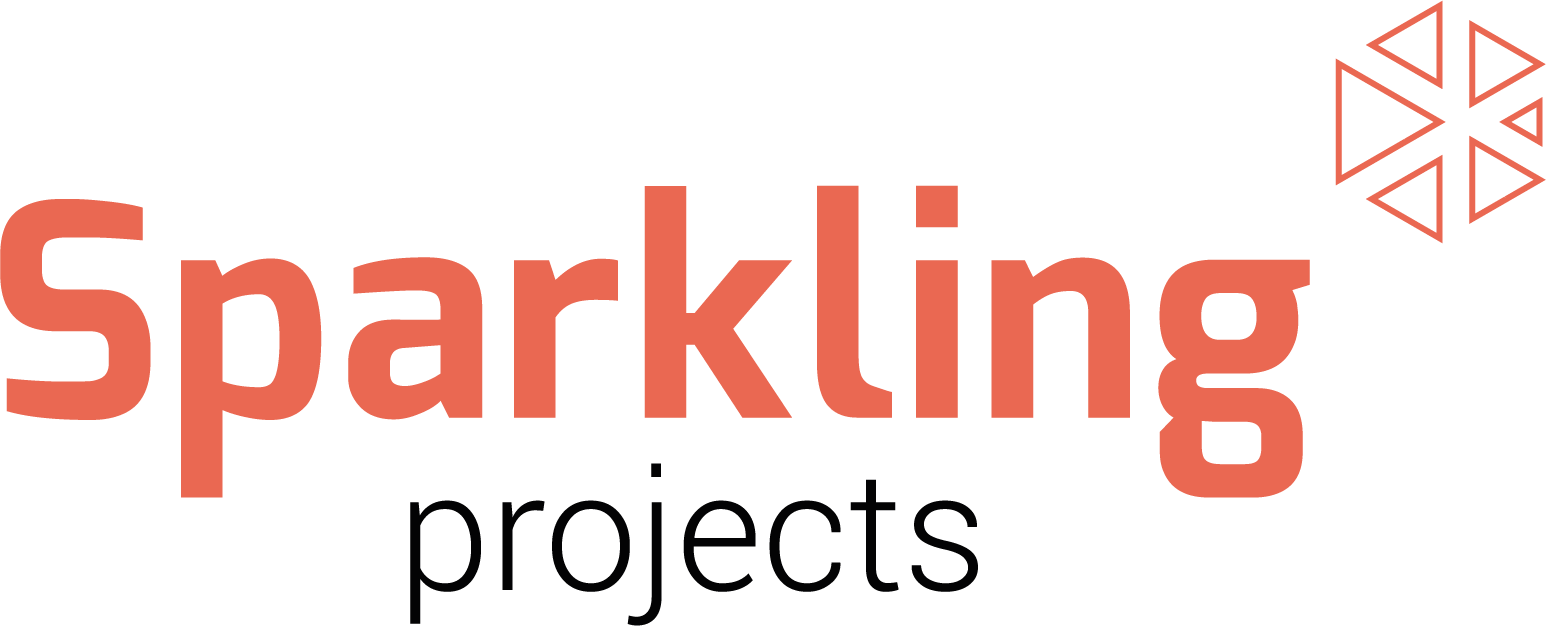All about subsidies for sustainable projects
SPRILA & SPULA
ChatGPT zei:
The SPRILA scheme (Subsidy Scheme for Private Charging Infrastructure) and the SPULA scheme (Subsidy Scheme for Public Charging Infrastructure for Heavy Transport) are both aimed at supporting the expansion and improvement of charging infrastructure for electric vehicles. These schemes are specifically designed to help businesses install charging stations, with the goal of accelerating the transition to electric transport.
-
SPRILA focuses on private charging infrastructure—charging stations located on private property—for passenger vehicles.
-
SPULA targets public charging infrastructure for heavy transport, such as trucks and buses, and supports the installation of charging points at public locations.
Who are SPRILA and SPULA interesting for?
-
SPRILA is intended for companies, institutions and individuals who want to install private charging points for their electric vehicles on their own premises. This could involve charging stations for the workshop, office locations or company parking lots.
-
SPULA is aimed at the public sector, such as municipalities, trucking companies and logistics service providers, who want to invest in charging points for heavy electric transport at public locations, such as car parks and charging stations along major traffic arteries.
What do SPRILA and SPULA offer?
-
SPRILA provides a subsidy for the installation of charging infrastructure on private property, with funding of up to €5,000 per charging point.
-
SPULA offers financial support for the installation of charging stations for heavy transport at public locations, covering up to 50% of the installation costs.
Sparkling Projects offers full support in applying for the SPRILA and SPULA subsidies, including advice on the most suitable charging infrastructure for your situation. We provide the correct documentation and guide the process from application to implementation. Our services include:
-
Advice on the choice of charging infrastructure (private or public)
-
Drawing up the project plan and budget
-
Submitting the grant application
-
Coordinating necessary documentation for the application
-
Answering questions from the RVO
-
Support in implementing charging infrastructure
